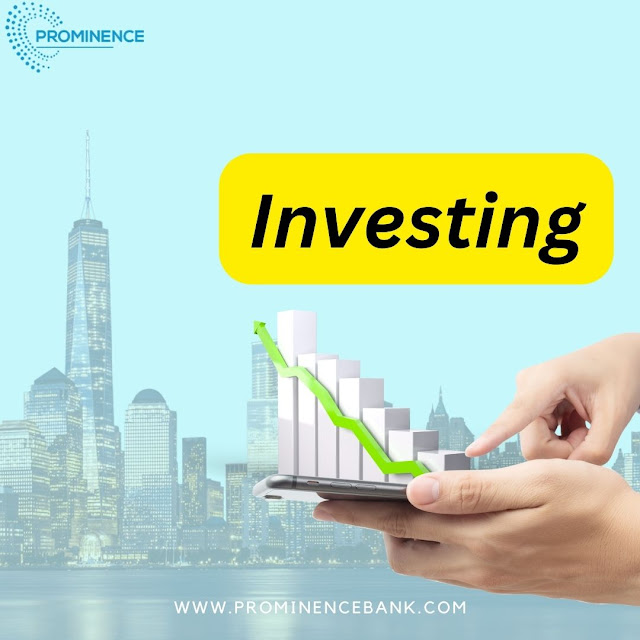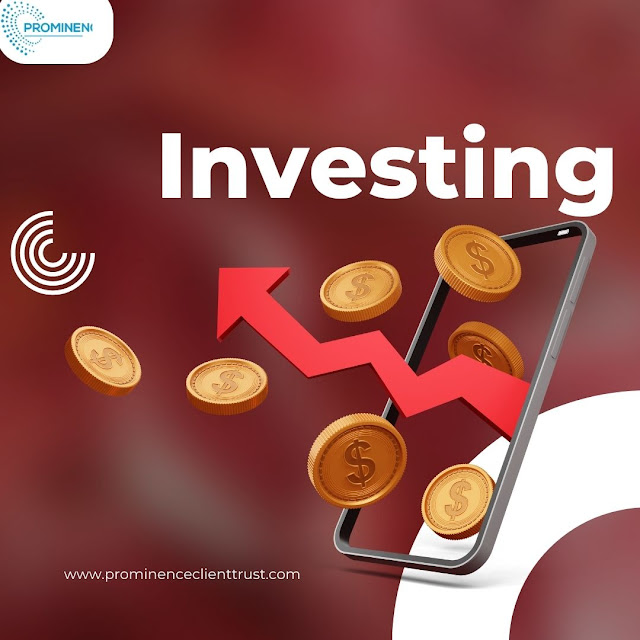What Is Financial Intermediation And How Can It Help With Investing
In this article, we expand on the concept of financial intermediation and its types. Discover why it is so important to know the concept of investing.
What is financial intermediation?
When we talk about financial intermediaries, we refer to a process in which a group of institutions receives money from people or companies. After that, they must deliver it in the form of loans to those who seek economic resources to be able to carry out their activities in the acquisition of goods or services.
Thanks to a financial intermediary, the savings of a group of people can become an indispensable resource for others to invest in. It is a way of generating employment and supporting economic progress in society. This system is possible thanks to the trust that exists among depositors and economic stability.
Direct and indirect financial intermediation:
Direct financial intermediation occurs when a surplus agent takes responsibility directly for the resources that it grants to the deficit agent. The link between the two can be made through various means and tools where in several countries they are known as "Insurance Companies, Mutual Funds, Pension Funds, and Investment Funds".
These would be the main fund-investing entities or surplus agents. We are talking about a sector where companies normally participate to obtain the resources required to begin financing operations.
The role of an intermediary is taken by investment banks and stock brokerage firms. They provide the resources for buyers and sellers to take the necessary actions within the current regulatory framework. In this sense, we highlight two key markets:
Investing options in the market:
Primary market:
Seeks to sell the security that a company issued. The purpose is to obtain resources either to create a new company or for an existing company to increase its funds and be able to make investments, and expansions or fulfil its duty.
The securities can be placed through a public offering (an invitation made thanks to the participation of the mass media so that the general public can participate) or private (which happens when it is brought to a single sector of investors or directed to the current shareholders of the companies).
Secondary market:
On the other hand, the secondary market allows the securities initially issued to become money the moment they are sold to other investors interested in the acquisition. When there is no secondary market, the primary market would lose its charm due to the illiquidity of the values obtained.
Within this market, it is more evident to see how the trading price of securities evolves, since they are determined by the interaction between supply and demand. As people become more interested in buying, it may be due to the performance and security offered by the issuer, causing its price to increase in most cases.
On the other hand, if the issuing company performs badly and there is no longer confidence in the issuer, many owners will try to sell the securities that they investing in and this may cause a price drop.




Comments
Post a Comment